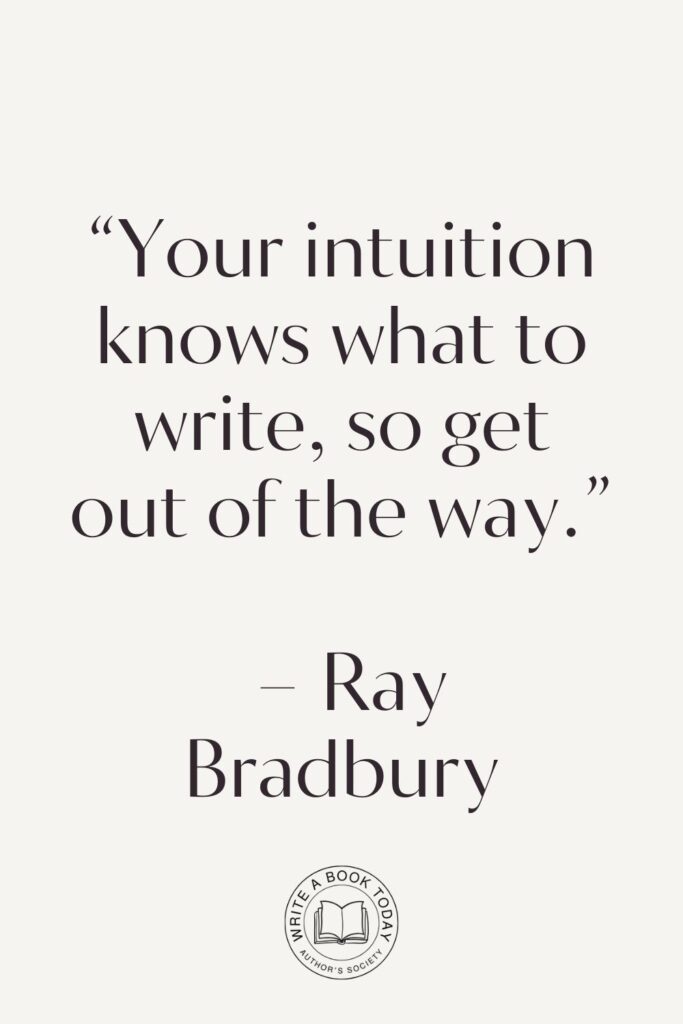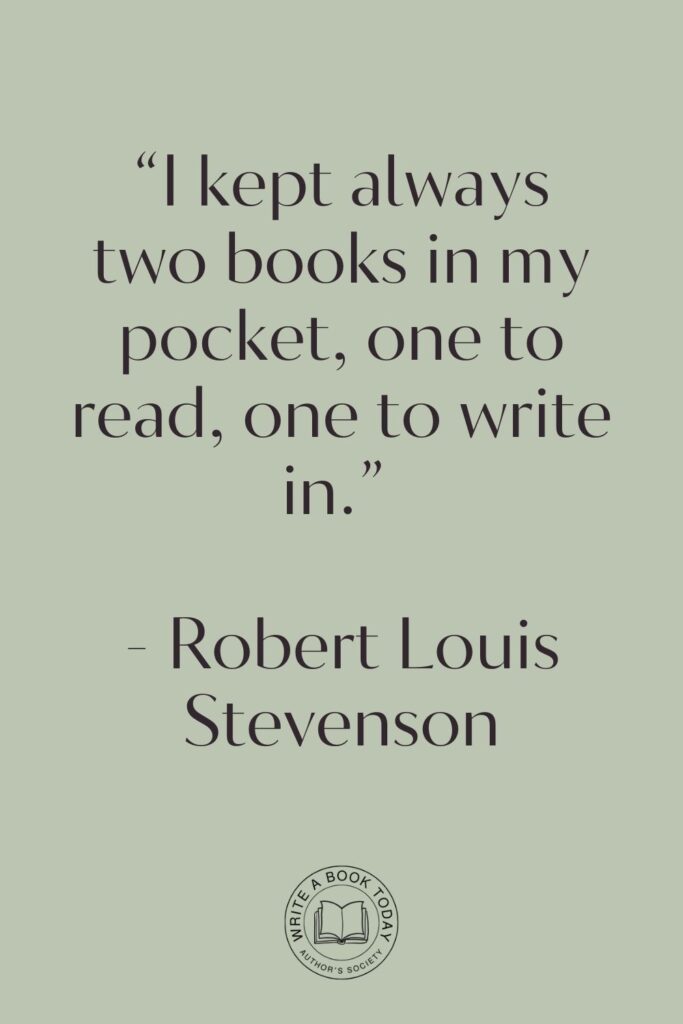Imagine diving into the depths of your own memories, unearthing stories long buried beneath the sands of time. What if those stories could heal not only you but resonate with others, too? This is the magic of writing a memoir.
As you embark on this deeply personal journey, you’ll discover more than just a narrative of events—it’s a tapestry of emotions, lessons, and connections. In this guide, we’ll explore the essence of memoir writing and its profound benefits and provide memoir-writing tips to help you craft your story.
Get ready to find your voice and preserve your legacy for generations to come.
Understanding the Essence of Memoir Writing
Before pen meets paper, it’s essential to grasp what a memoir truly embodies. A memoir isn’t just a chronology of events; it’s a reflection of your soul, an exploration of moments that have shaped you.
Unlike an autobiography, which attempts to cover the entirety of a life, a memoir focuses on specific experiences, weaving them into a narrative that reveals truths about who you are.
What is a Memoir?
A memoir is a window into a particular slice of your life, capturing the essence of pivotal moments. It’s not about recounting every detail but rather distilling experiences into stories that convey emotional truths.
Consider it a mosaic of memories, where each piece contributes to a larger picture of understanding and introspection. Memoirs are as diverse as those who write them, offering unique perspectives and insights.
Unlike fictional tales, memoirs hinge on authenticity. They invite readers into the author’s world, fostering a connection through shared human experiences.
The beauty of a memoir lies in its ability to transport readers into the author’s shoes, offering a glimpse into their triumphs, struggles, and revelations.
The Difference Between Memoir and Autobiography
While both memoirs and autobiographies delve into personal narratives, they differ in scope and focus. An autobiography typically spans the entirety of a person’s life, chronicling events in a linear fashion.
In contrast, a memoir hones in on specific themes or periods, offering a more intimate and reflective exploration.
The distinction between the two lies in their intent. Memoirs aim to convey personal growth and transformation, often emphasizing emotional resonance over factual accuracy. They invite readers to ponder the universal truths embedded within individual experiences, fostering empathy and understanding.
The Benefits of Writing a Memoir
Writing a memoir offers myriad benefits beyond mere storytelling. It’s a cathartic process that allows you to reflect on your life, connect with others, and leave a lasting legacy. Through memoir writing, you embark on a journey of self-discovery and healing, transforming personal experiences into narratives that inspire and resonate.

Healing Through Storytelling
The act of writing can be a therapeutic endeavor, offering solace and healing. As you pen your memoir, you have the opportunity to confront past wounds, gain clarity, and find closure.
The process of putting thoughts into words enables you to make sense of complex emotions, ultimately leading to personal growth and healing. Journaling can serve as a precursor to memoir writing.
By regularly recording your thoughts and experiences, you create a rich tapestry of material to draw from when crafting your memoir. This practice not only enhances your writing skills but also provides valuable insights into recurring themes and emotions.
Connecting with Others
Memoirs have the power to bridge gaps between individuals, fostering connections through shared experiences.
By opening up about your own journey, you invite readers to relate to your struggles and triumphs, creating a sense of community and understanding. The vulnerability inherent in memoir writing encourages empathy and compassion, forging bonds that transcend cultural and geographical boundaries.
Through your memoir, you have the chance to touch lives, offering comfort and inspiration to those who may be facing similar challenges. Your story becomes a beacon of hope, reminding others that they are not alone in their experiences.
Google Docs is for notes. Scrivener is for novels. Upgrade your writing game and try it for free today!

Preserving Your Legacy
Your memoir serves as a testament to your life’s journey, preserving your legacy for future generations. It offers a glimpse into the world through your eyes, capturing moments and lessons that might otherwise fade with time.
By documenting your experiences, you leave behind a treasure trove of wisdom and insight, allowing others to learn from your life.
Consider incorporating photographs or memorabilia into your memoir. Visual elements can enhance the narrative, providing readers with a tangible connection to the stories you share. These additions not only enrich the reading experience but also serve as cherished keepsakes for your family and future generations.
Memoir Writing Tips to Get You Started
Embarking on the journey of writing a memoir can feel daunting, but with the right guidance, it becomes an enriching adventure. Here are some essential tips to help you find your voice, choose your theme, and establish a writing routine that suits your lifestyle.

Finding Your Unique Voice
Your voice is the heart of your memoir, infusing it with personality and authenticity. To discover your unique voice, reflect on your natural style of expression.
Are you humorous, introspective, or candid? Embrace your individuality and let it shine through your writing.
Experiment with different writing styles and tones until you find the one that resonates with you. Remember, your voice is what will captivate readers and draw them into your world, so don’t be afraid to be yourself.
Choosing Your Theme and Focus
One of the most crucial steps in memoir writing is selecting a central theme or focus. Consider the experiences or lessons that have had a profound impact on your life. What story do you want to tell, and what message do you hope to convey?
By narrowing down your focus, you create a cohesive narrative that guides readers through your journey. This clarity of purpose ensures that your memoir remains engaging and impactful, resonating with readers on a deeper level.
Create a mind map to brainstorm potential themes and topics for your memoir. This visual tool allows you to explore different ideas and connections, helping you identify the central focus of your story. Mind mapping can also reveal unexpected patterns or themes that you may wish to explore further.
No marketing platform? No social following? No problem!
Publisher Rocket helps you market your debut novel like a pro.
It’s a gamechanger for debut authors – try it today!


Creating a Writing Routine
Establishing a consistent writing routine is essential for maintaining momentum and progress. Determine a schedule that works for you, whether it’s dedicating a few hours each day or setting aside specific days for writing.
Consistency is key to building a habit and staying committed to your memoir project.
Create a conducive writing environment that inspires creativity and minimizes distractions. Surround yourself with elements that spark inspiration, such as music, artwork, or nature, and set clear goals to keep yourself motivated.
Drawing Inspiration from Memoir Examples
Exploring famous memoirs can offer valuable insights and inspiration for your own writing journey. By studying the works of notable memoirists, you can glean lessons on storytelling techniques, thematic exploration, and the art of vulnerability.
Famous Memoirs That Inspire
Many memoirs have left an indelible mark on literature, offering readers profound insights into the human experience. Works like “The Glass Castle” by Jeannette Walls and “Becoming” by Michelle Obama showcase the power of storytelling to illuminate personal truths and inspire change.
These memoirs invite readers into the authors’ lives, revealing their struggles, triumphs, and transformations. By immersing yourself in these narratives, you gain a deeper appreciation for the art of memoir writing and the impact it can have on both author and reader.

Lessons Learned from Notable Memoirists
Notable memoirists often share valuable lessons on crafting compelling narratives and embracing vulnerability. For instance, Maya Angelou’s “I Know Why the Caged Bird Sings” demonstrates the importance of authenticity and courage in sharing one’s truth.
Memoirists like Angelou teach us that our stories hold immense power and that by embracing vulnerability, we can inspire and uplift others. Their works serve as guiding lights, encouraging aspiring writers to find their voice and share their unique experiences with the world.
Overcoming Common Hesitations
As you embark on your memoir writing journey, you may encounter common hesitations such as self-doubt, familial concerns, and the fear of sharing your truth. By addressing these challenges head-on, you can overcome obstacles and continue forward with confidence.
Dealing with Self-Doubt
Self-doubt is a natural part of the creative process, but it need not hold you back. Acknowledge your fears and insecurities, and remind yourself of the value of your story.
Surround yourself with supportive individuals who believe in your vision and encourage you to persevere.
Remember that every writer experiences moments of uncertainty. Embrace the imperfections, for they are what make your memoir uniquely yours. Trust in your ability to create something meaningful and impactful.
Navigating Family Dynamics
Writing a memoir often involves sharing personal stories that may affect family dynamics.
It’s important to approach these situations with sensitivity and respect. Consider having open conversations with family members to discuss your intentions and address any concerns they may have.
Ultimately, your memoir is your story to tell, but finding a balance between honesty and consideration for others is crucial. Approach the process with empathy, and be open to feedback and dialogue with your loved ones.
Finding the Courage to Share Your Truth
Sharing your truth requires immense courage, as it involves vulnerability and authenticity. Remind yourself of the impact your story can have on others and the potential to inspire change and understanding. Embrace the opportunity to connect with readers on a profound level.
Trust in the power of your voice and the significance of your experiences. By sharing your truth, you not only empower yourself but also offer solace and inspiration to those who may be navigating similar journeys.

Crafting Your Memoir: The Writing Process
Crafting a memoir is a dynamic and evolving process that involves outlining, writing, revising, and seeking feedback. By embracing each stage, you can refine your narrative and create a compelling and impactful memoir.
Outlining Your Memoir
An outline serves as a roadmap for your memoir, guiding you through the narrative arc and ensuring a cohesive structure.
Begin by identifying key events, themes, and moments that you wish to include. Organize them chronologically or thematically to create a logical flow.
Your outline is a flexible tool that can evolve as your writing progresses. Use it to stay focused and on track, while allowing room for creativity and spontaneity as new insights emerge.
Feeling lost with your debut novel?
Fiverr Pro connects you with expert editors, designers, and marketers – everything you need to get your book ready for success!

Writing Techniques to Enhance Your Storytelling
Employing effective writing techniques can elevate your storytelling and captivate readers. Consider using vivid imagery, sensory details, and emotional depth to immerse readers in your world.
Dialogue and character development can add richness and authenticity to your narrative.
Experiment with different narrative structures, such as non-linear timelines or alternating perspectives, to create intrigue and suspense. The goal is to engage readers and evoke an emotional response, leaving a lasting impression.
The Importance of Revision and Feedback
Revision is an integral part of the writing process, allowing you to refine your memoir and enhance its clarity and impact. Take the time to review your work critically, focusing on coherence, pacing, and emotional resonance.
Seek feedback from trusted individuals, such as writing groups or mentors, to gain valuable insights and perspectives. Constructive criticism can help you identify areas for improvement and strengthen your narrative.

Embracing the Journey of Memoir Writing
Writing a memoir is a transformative journey that offers personal growth, connection, and fulfillment. By celebrating milestones, seeking support, and taking the first step, you can embark on this rewarding adventure with confidence and joy.
Celebrating Small Milestones
Recognize and celebrate the small milestones along your memoir writing journey. Whether it’s completing a chapter, receiving positive feedback, or overcoming a writing block, each achievement is a testament to your dedication and progress.
These moments of celebration serve as motivation, reminding you of the significance of your story and the impact it can have. Embrace the joy of creation and the fulfillment that comes from sharing your truth.
The Role of Community and Support
Community and support play a vital role in the memoir writing journey. Surround yourself with individuals who understand and appreciate the challenges and triumphs of the creative process. Join writing groups, attend workshops, or connect with fellow memoirists to share experiences and insights.
Participate in writing retreats or conferences to immerse yourself in a supportive and inspiring environment.
These events offer opportunities to connect with like-minded individuals, gain valuable feedback, and learn from experienced writers. The sense of camaraderie and encouragement can fuel your passion and drive your writing journey forward.
Taking the First Step: Your Writing Adventure Begins
The journey of writing a memoir begins with a single step—the decision to share your story. Embrace the excitement and anticipation of embarking on this adventure, knowing that your experiences are worthy of being told.
Trust in your voice, your truth, and the impact your memoir can have on the world. As you take that first step, remember that you are not alone.
Countless others have walked this path before you, and your story is an invaluable contribution to the tapestry of human experiences. Your writing adventure awaits—take the leap and let your story unfold.








